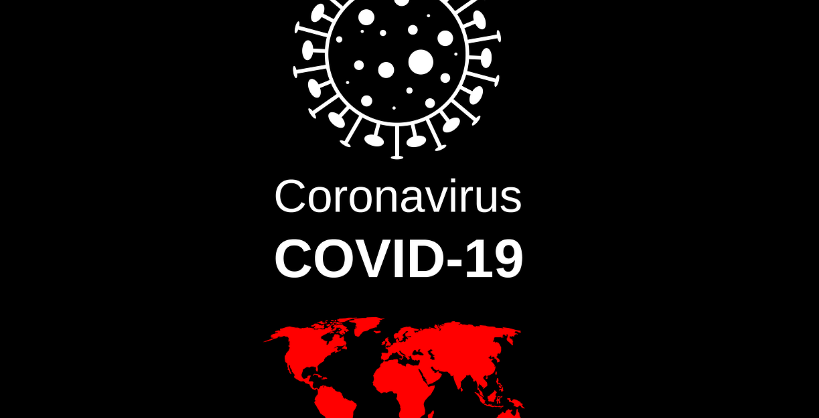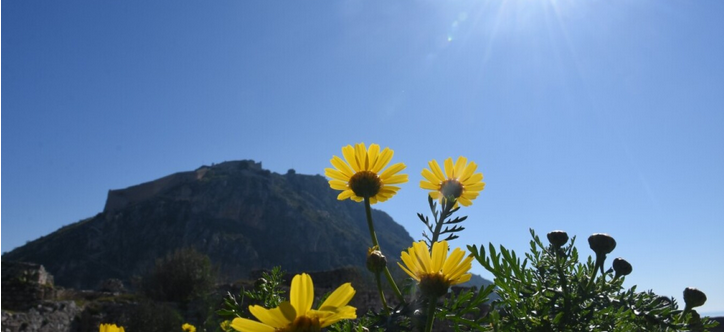An unnamed CIA whistleblower has made the dramatic allegation that six analysts there were bribed to reject the theory that COVID-19 resulted from a research-related leak of a new coronavirus, according to a press release today from the office of the Republican leading a congressional investigation into the pandemic. The allegation was strongly rejected in a CIA statement released hours later.
A majority of U.S. intelligence agencies has so far concluded that the COVID-19 pandemic mostly likely started when SARS-CoV-2 jumped from an infected animal host into people; a wildlife market in Wuhan, China, has received intense attention from researchers as the potential source. But the Department of Energy and FBI so far have favored the so-called lab-leak hypothesis, even though none of the agencies has expressed high confidence in their conclusions on COVID-19’s origin. CIA, for example, had reportedly said it was “unable to determine” whether SARS-CoV-2 made a direct jump from animals to humans—or came from a lab.
Now, Representative Brad Wenstrup (R–OH), who chairs the House of Representatives’s Select Subcommittee on the Coronavirus Pandemic, says his panel and the House’s Permanent Select Committee on Intelligence have heard testimony from a whistleblower “who presents as a highly credible senior-level CIA officer.” According to the press release, the whistleblower testified that only the most senior analyst of a seven-member CIA team investigating the origin of COVID-19 supported the zoonotic transmission theory. The whistleblower alleged the other six team members supporting the lab origin then received “a significant monetary incentive to change their position,” wrote Wenstrup and Representative Mike Turner (R–OH), who chairs the intelligence panel.
more at science.org



































